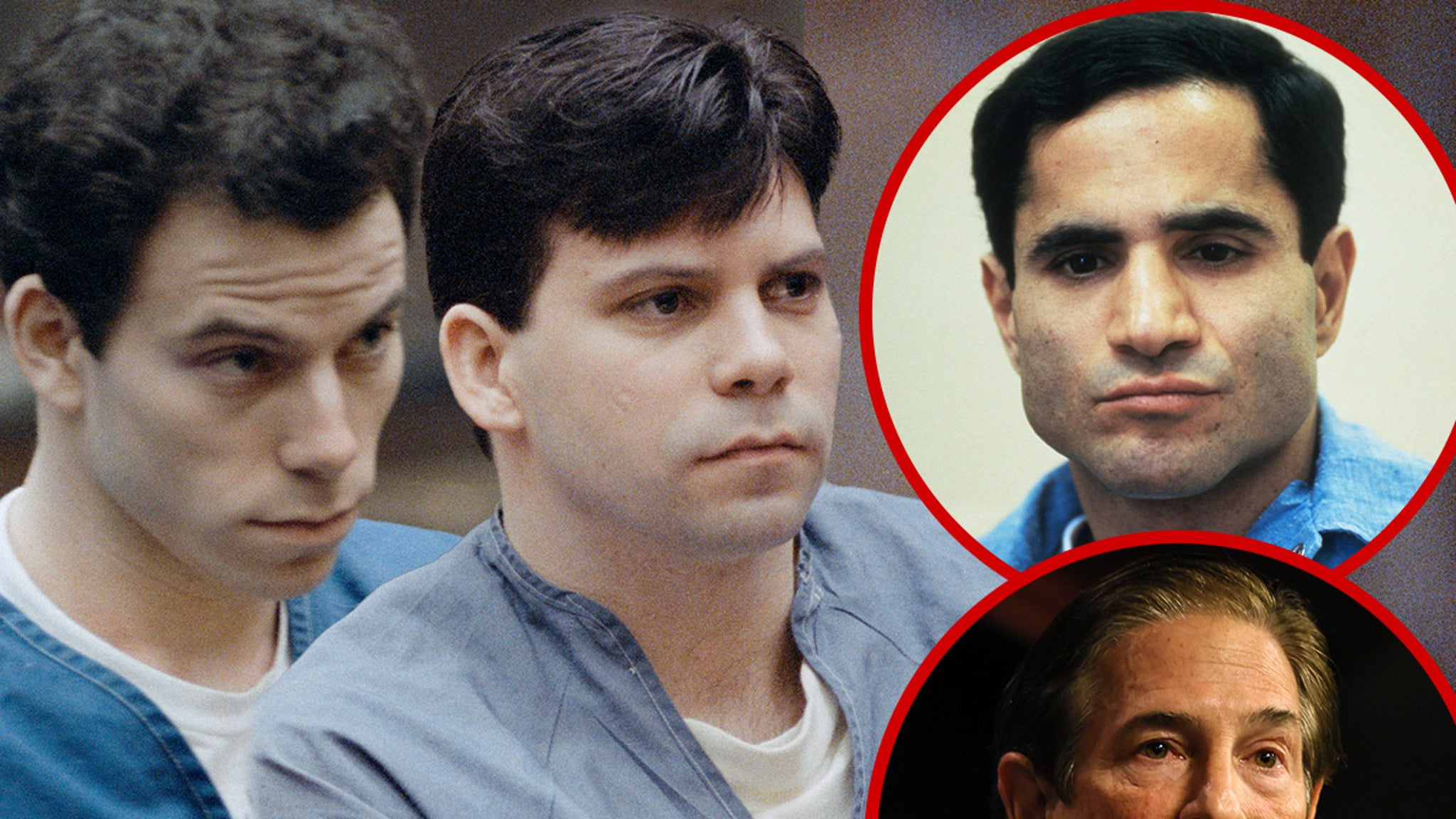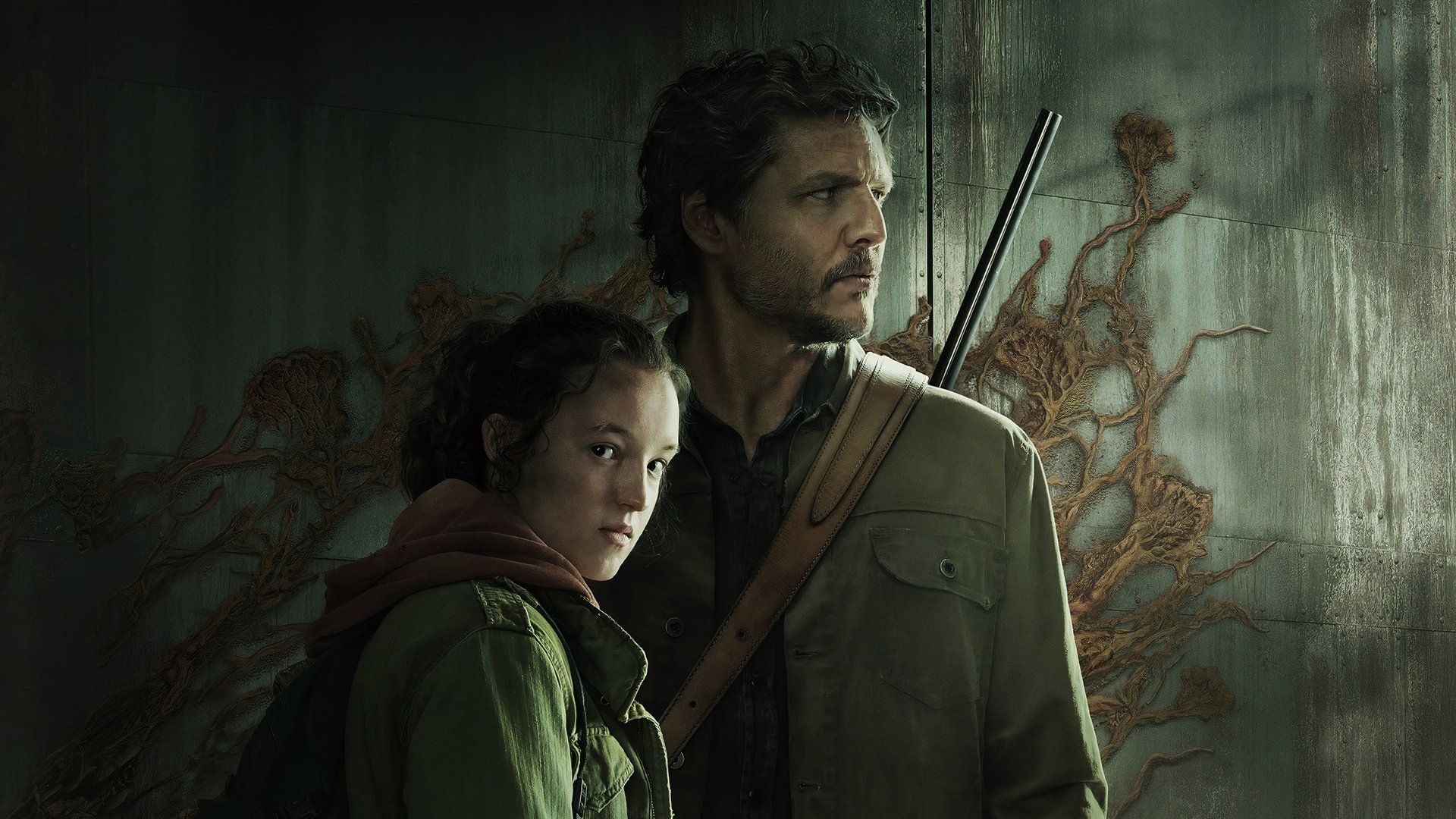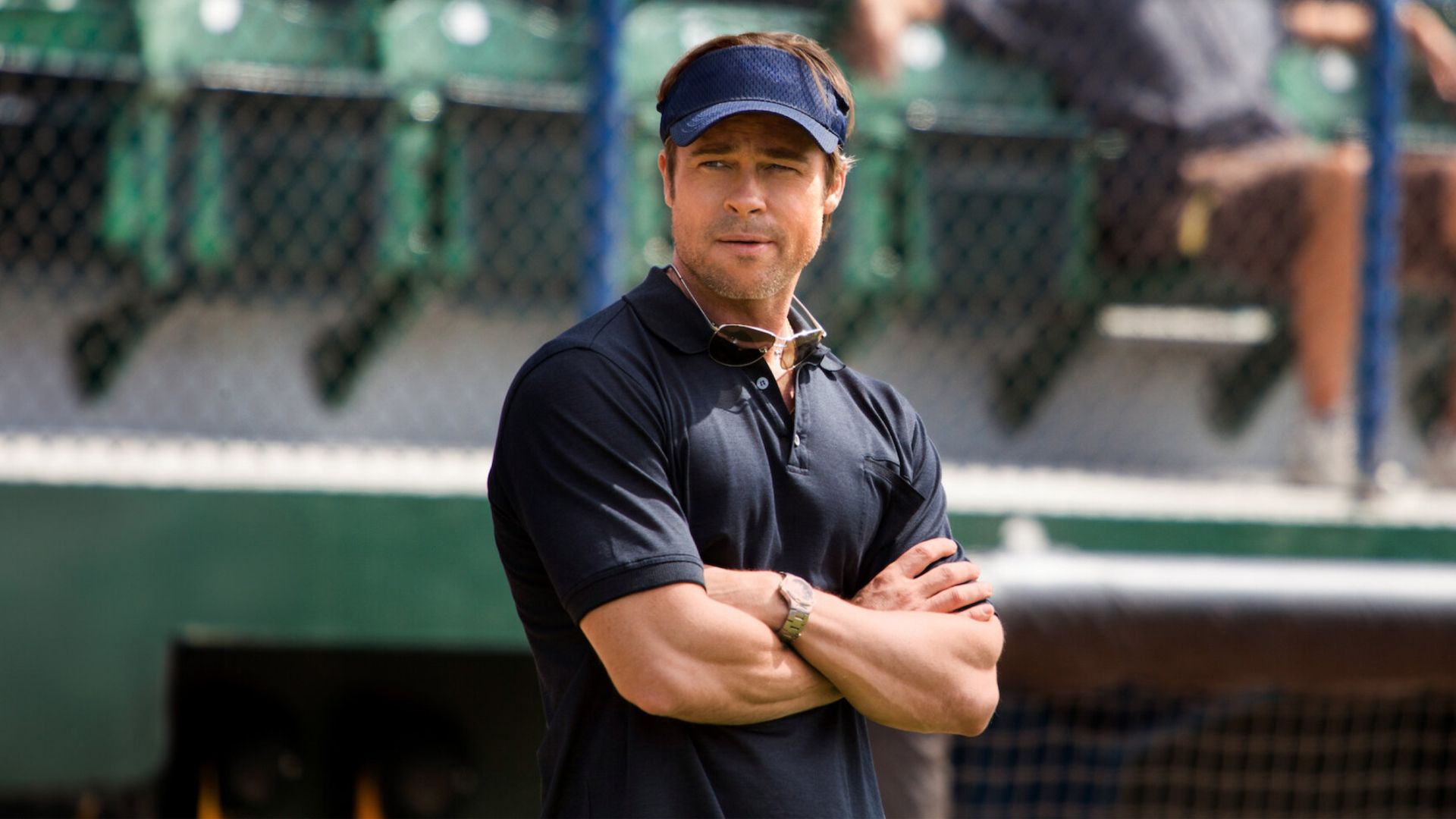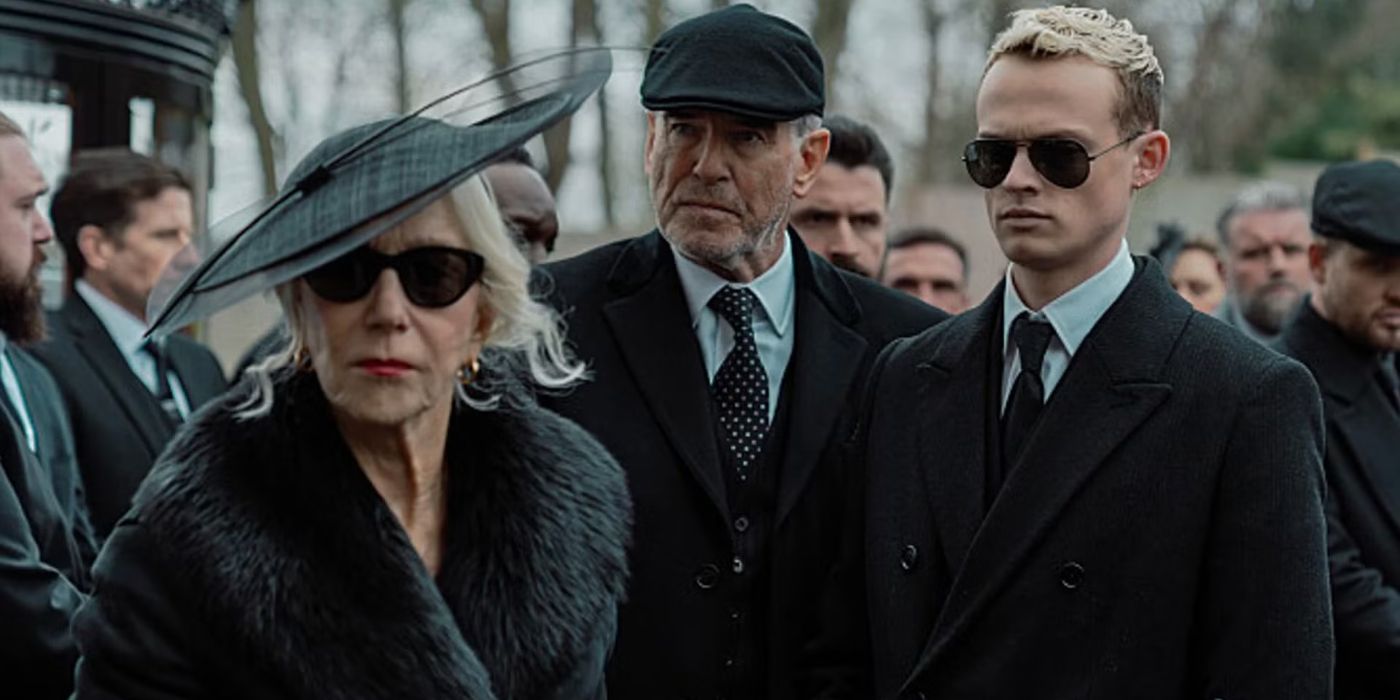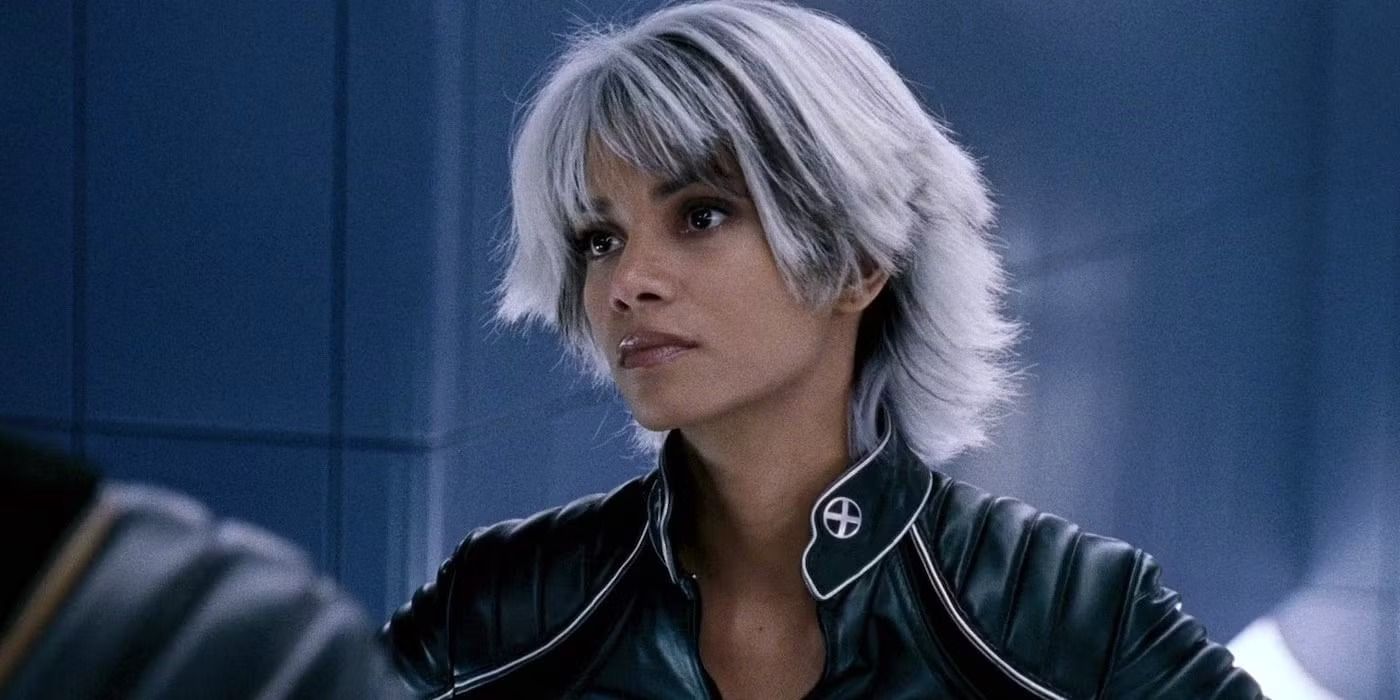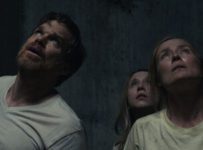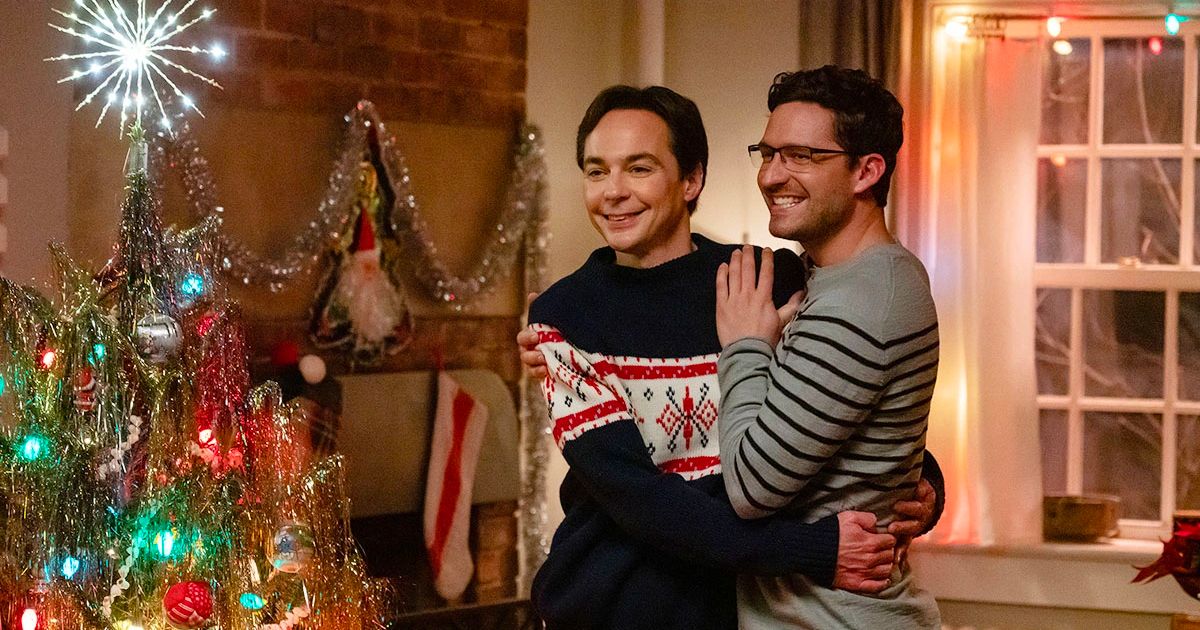“Porcupine” is available to stream from 10am on Thursday, September 30th, to 11:59pm on Wednesday, October 6th.
It’s no surprise that Brandon Kramer’s riveting documentary, “The First Step,” has the top-drawer quality of Kartemquin, considering that it was made in association with the Windy City non-profit production company and a number of its giants—co-editor Leslie Simmer, along with editorial consultants Gordon Quinn and Steve James—offered their invaluable contributions in the cutting room. Kramer succeeds in humanizing all sides of the controversy swirling around CNN political contributor Van Jones as he works to bring people together from South Los Angeles and West Virginia to join him in his crusade to pass bipartisan criminal justice reform during President Trump’s term in office. Any endorsement from a leader whose rhetoric is as offensive as Trump’s can spell the kiss of death on any legislation, however well-intentioned it may be, yet Jones sees a baby step in the right direction—resulting in 10,000 people being released early from federal prison—as being infinitely preferable to righteous inaction. Activist Louis L. Reed has a moment guaranteed to earn applause at festivals where he schools a naysayer, Lawrence Leiser, in how he managed to build a life for himself while in prison, despite the obstacles that the system stacked against him. Equally powerful are the scenes between the disparate groups Jones has joined together, one Black and one white, who connect through the shared tragedy of drug addiction and begin to learn more about one another’s experiences. This is an extremely illuminating look at how real change occurs in these divisive times, never shying away from the missteps made along the way.
“The First Step” screens at 10am on Saturday, October 2nd, at Rocketown, 601 4th Ave. S., and is available to stream from 10am on Thursday, September 30th to 11:59pm on Wednesday, October 6th.
One of the most breathtaking feature debuts in recent memory is easily that of Costa Rican-Swedish writer/director Nathalie Álvarez Mesén, whose “Clara Sola” is a deeply provocative meditation on organic spirituality and the religious strictures designed to suppress it. The uniformly excellent cast of first-time actors is headed by dancer Wendy Chinchilla Araya as Clara, a 40-year-old woman who is believed to be the healer of her remote village. Her mother (Flor María Vargas Chavez) refuses a doctor’s urgent request to have her daughter’s spine straightened, insisting that her body should remain as God intended it, prompting Clara’s 14-year-old niece, María (a revelatory Ana Julia Porras Espinoza), to pointedly ask, “Then should I have kept any teeth crooked?” The superhuman virginal traits that Clara is required to have start to clash with the primal urges simmering within her and echoing throughout the surrounding forest. Her infatuation with Santiago (Daniel Castañeda Rincón), the man in charge of looking after her Biblical white horse, builds to a climactic explosion that causes María to hold her aunt in an embrace reminiscent of Michelangelo Buonarroti’s Renaissance sculpture, the Pietà. Whereas Rose Glass’ own excellent debut feature, “Saint Maud,” juxtaposed the horrific acts of its unhinged heroine with her religious delusions, Mesén’s film finds palpable magic in Clara’s sexual and spiritual awakening, suggesting that miracles are possible when we reject the unearned shame espoused by archaic texts. There is such entrancing mystery to the film’s final moments that it is bound to leave viewers buzzing about its significance afterward.
“Clara Sola” will screen at 2pm on Monday, October 4th, in the small theater at Belmont University, 1900 Belmont Blvd.
Like Emma Seligman’s masterful “Shiva Baby,” Stephen Karam’s screen adaptation of his Tony Award-winning play, “The Humans,” wrings a staggering amount of visceral tension and suspense out of what appears to be, on the surface, a simple family gathering. Brigid (Beanie Feldstein) welcomes her family on Thanksgiving to the new Chinatown apartment she shares with her boyfriend, Richard (Steven Yeun), which is lensed in widescreen cinematography by Lol Crawley that heightens one’s paranoia of encroaching decay. The fear of floodwaters voiced by her father, Erik (Richard Jenkins), hits home especially hard in light of the historic flood New York City endured earlier this month. Crawley finds inventive ways of making characters appear isolated even when surrounded by family, such as Brigid’s ailing sister, Aimee, played in a marvelous dramatic performance by Amy Schumer. Though she brings her trademark drollness to certain laugh-out-loud lines, she is equally engaging in serious moments, particularly the painful call she privately has with her ex. We can’t hear the ex’s voice, but we know precisely what is being said on the other line purely by observing Schumer’s deflated body language. The sole holdover from Karam’s original stage production, Jayne Houdyshell, is wrenchingly effective as Jenkins’ wife harboring grief, and the near-catatonic grandma played by June Squibb provides the film with its achingly emotional highpoint, as her family reads a meaningful letter she wrote just prior to her losing a hold on her own identity. Karam’s film deserves to be a major contender during this year’s awards season, and there’s no question it will be an impeccable closing night selection for the Nashville Film Festival, since it’s the sort of small-scale character study that is best seen on the biggest screen possible.
“The Humans” screens at 6:30pm on Wednesday, October 6th, at the Belcourt Theatre, 2012 Belcourt Ave.
To purchase tickets and view the full festival schedule, click here.
You can view the original article HERE.


